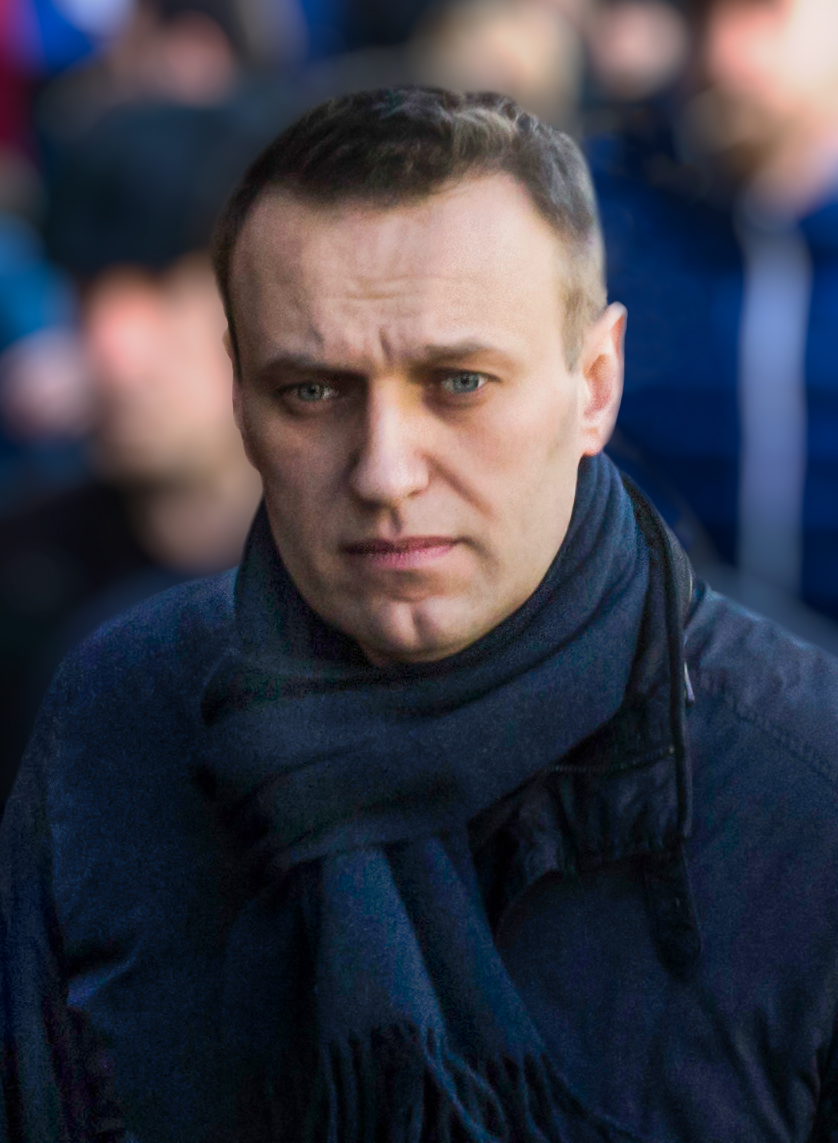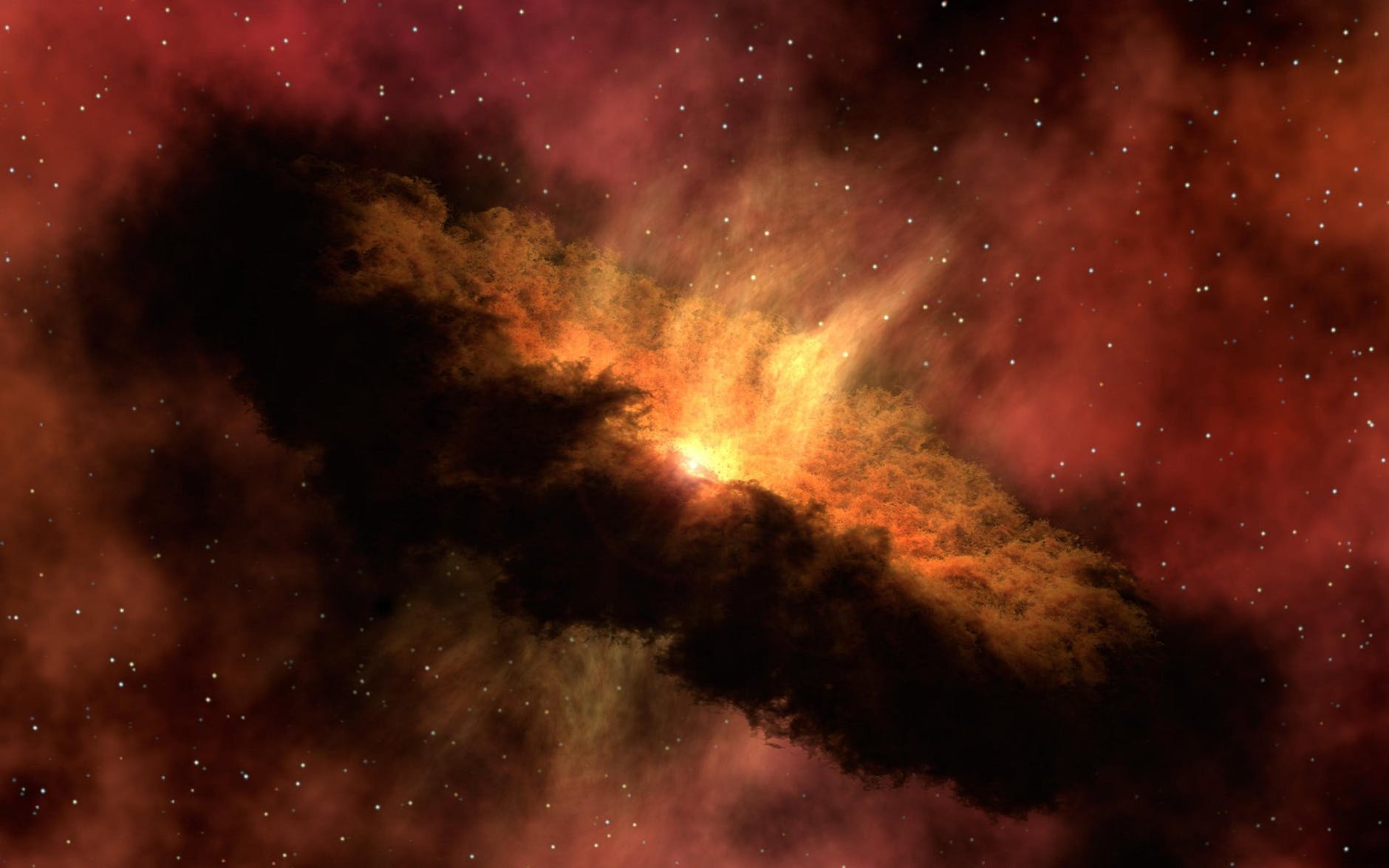Listen, I’ve got something very obvious to tell you. You’re not allowed to give up. If they decide to kill me, it means that we are incredibly strong.
Alexei Navalny
As the world lies in shambles, I find myself wrestling with a sorrow that feels as vast as the night sky. The news of Alexei Navalny’s passing isn’t just a headline; it’s a tragedy that leaves a huge void in my heart. Navalny, a beacon of hope in the oppressive gloom of Putin’s Russia, has been extinguished, and with him, a piece of my own hope dims.
This loss is weirdly personal. Navalny’s courage, his unyielding stand against a regime that knows no bounds of cruelty, has always been a source of inspiration for me. His fight was not just for the soul of Russia but for the universal values of freedom and justice. To know that his voice has been silenced is to feel a cold shadow fall over the very ideals I hold dear.
The comparison between Putin and the tyrants of history, like Hitler, is a stark reminder of the darkness that can consume nations when power is unchecked. Navalny stood against this darkness, armed with nothing but his conviction and the belief in a better future. His murder is a chilling testament to the lengths tyrants will go to maintain their grip on power, and it echoes a history we’ve vowed never to repeat.
I struggle to find words that can adequately express the depth of my grief. It’s a sadness that seeps into the bones, a sense of hopelessness that is hard to shake. Navalny’s fight, his sacrifice, resonates with a part of me that believes in the power of standing up for what is right, even in the face of insurmountable odds.
This isn’t just the mourning of a public figure; it’s the mourning of a kindred spirit, a fellow warrior in the fight for a world where justice prevails. Yet, in this moment of deep sorrow, I am reminded of the resilience of the human spirit. Navalny’s legacy is not just in the battles he fought but in the indomitable will he embodied. It’s a legacy that challenges us to carry forward the torch of freedom, to stand against tyranny with the same courage and determination.
As I navigate through a sea of sadness, I am struck by the realization that our fight is far from over. Navalny’s spirit, his unwavering belief in a better future, serves as a beacon in these dark times. It’s a call to action, a reminder that we must continue the struggle for justice, for freedom, for the very soul of our humanity.
In honoring Navalny’s memory, I find a glimmer of hope amidst the despair. It’s a hope that springs from the conviction that ultimately, light will prevail over darkness. This journey is fraught with pain and loss, but it’s a journey we must undertake, inspired by the lives of those like Navalny, who dared to dream of a better world.
To Alexei, your passing has left a void that words cannot fill. But in my heart, and in the hearts of countless others, your legacy lives on. You inspire everyone to fight for for freedom.
Rest in peace, Alexei Navalny. Your battle may have ended, but your spirit marches on, a guiding light in our darkest hours.
Alexei Navalny has two children. He is survived by his daughter, Daria Navalnaya, and his son, Zakhar Navalny. Daria has been notably active and vocal in advocating for her father’s release and human rights in Russia, especially during the periods of his imprisonment. The involvement of his family, particularly Daria, in speaking out against the injustices faced by Navalny has brought a personal dimension to his political struggle, highlighting the impact of his fight not just on the political landscape but on his family as well.
To Navalny’s wife, children, family, and friends: your pain is felt by those of us who, from afar, have admired and been inspired by Alexei’s courage. I cannot begin to comprehend the depth of your loss, but I stand with you in your grief, honoring the memory of a man who gave everything for the belief in a better world.


